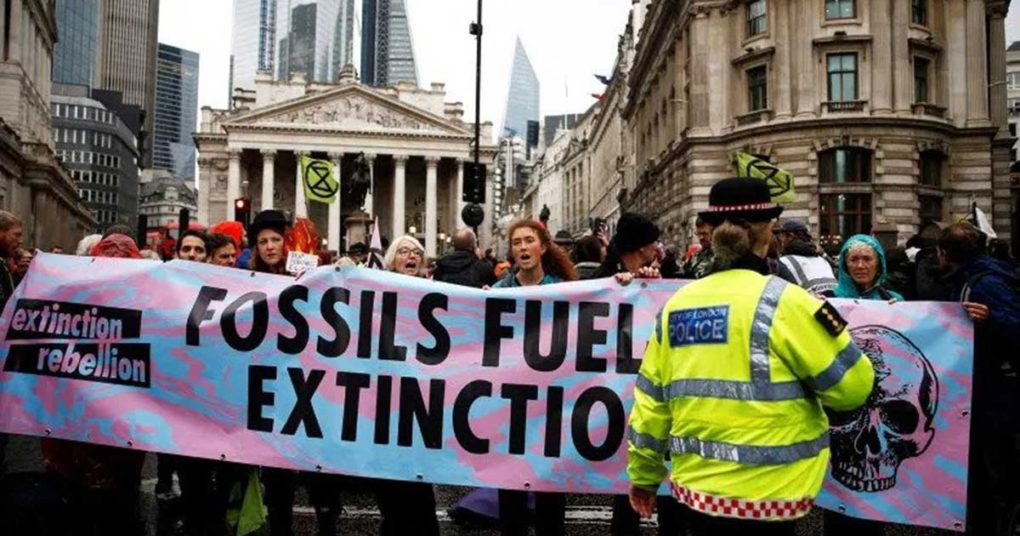Frank Furedi is one of Great Britain’s leading cultural commentators. MercatorNet asked him to comment on the climate change demonstrations which have broken out across the UK.
_____________
MercatorNet: Like it or loathe it, you have to admire Extinction Rebellion’s ability to capture the imagination of its followers. Were you surprised by its widespread appeal?
Frank Furedi: Not really. These protestors are kicking against an open door. Almost all of the media, the cultural elites, the celebrities etc are behind them and they enjoy tremendous cultural authority since eco-alarmism has become an integral part of the current zeitgeist.
To be fair to the protesters, it is scientists, notably the IPCC, who have been creating an apocalyptic vision of the future. Assuming that their alarmist reports are true, aren’t the protests a rational political response to government inaction?
I agree – if I thought extinction was imminent I too would be protesting – probably more forcefully than they.
Extinction Rebellion has occupied the moral high ground by projecting fear, even paralysing terror, of the future as the main issue of politics. What does this say about our culture? Does being scared witless somehow validate people’s lives?
I think the West has become estranged from itself to the point it does not think it has a future. Catastrophism has become a powerful force that continually creates a background noise. At the same time misanthropy is flourishing – which why the eco-melodrama is so influential.
What has happened to institutional authority – Parliament, the professions, teachers, the churches? They seem to have gone MIA in their role of reassuring the public.
Institutions have lost moral authority – and they look to celebrities and environmental activists to provide them with a degree of legitimacy. Sustainability has become the functional equivalent of sacred.
How does a culture of fear affect our ability to debate issues rationally?
Like everything else – we fear debate on the grounds that speech can hurt/offend its target. That is why an institution like a “safe space” can emerge; it offers a quarantine from criticism.
There seems to be a strong millenarian theme in the Extinction Rebellion protests: you have sinned, God’s cup of wrath is brimming over, God will punish you… It seems unkind to call it a death cult as some of its critics have. But is it fundamentalist Christianity in disguise?
No. Christianity might believe in the apocalypse but it also believes that it will be followed by transcendence. There is no transcendence in the eco-crusaders nightmare – just an end
There’s a danger of imagining that everyone shares these apocalyptic fears. Most of the demonstrators in London, at least, seem to be white and middle-class. Will force-feeding the public on a diet of fear deepen the social and political divides in British society?
Unfortunately the climate alarmists possess powerful cultural resources. Though they constitute a small minority their ideas are recycled in society through institutions like education and the young grow up on a diet of alarmism. So at least in the short and medium term their influence is likely to grow and impact on a widening section of society.
About the Author: Frank Furedi
Frank Furedi is Emeritus Professor of Sociology at the University of Kent’s School of Social Policy, Sociology and Social Research. His most recent book is How Fear Works: Culture of Fear in the Twenty-First Century. This interview first appeared in MercatorNet and is reprinted under a Creative Commons license. The original article is available at: http://bit.ly/32C9tTh

